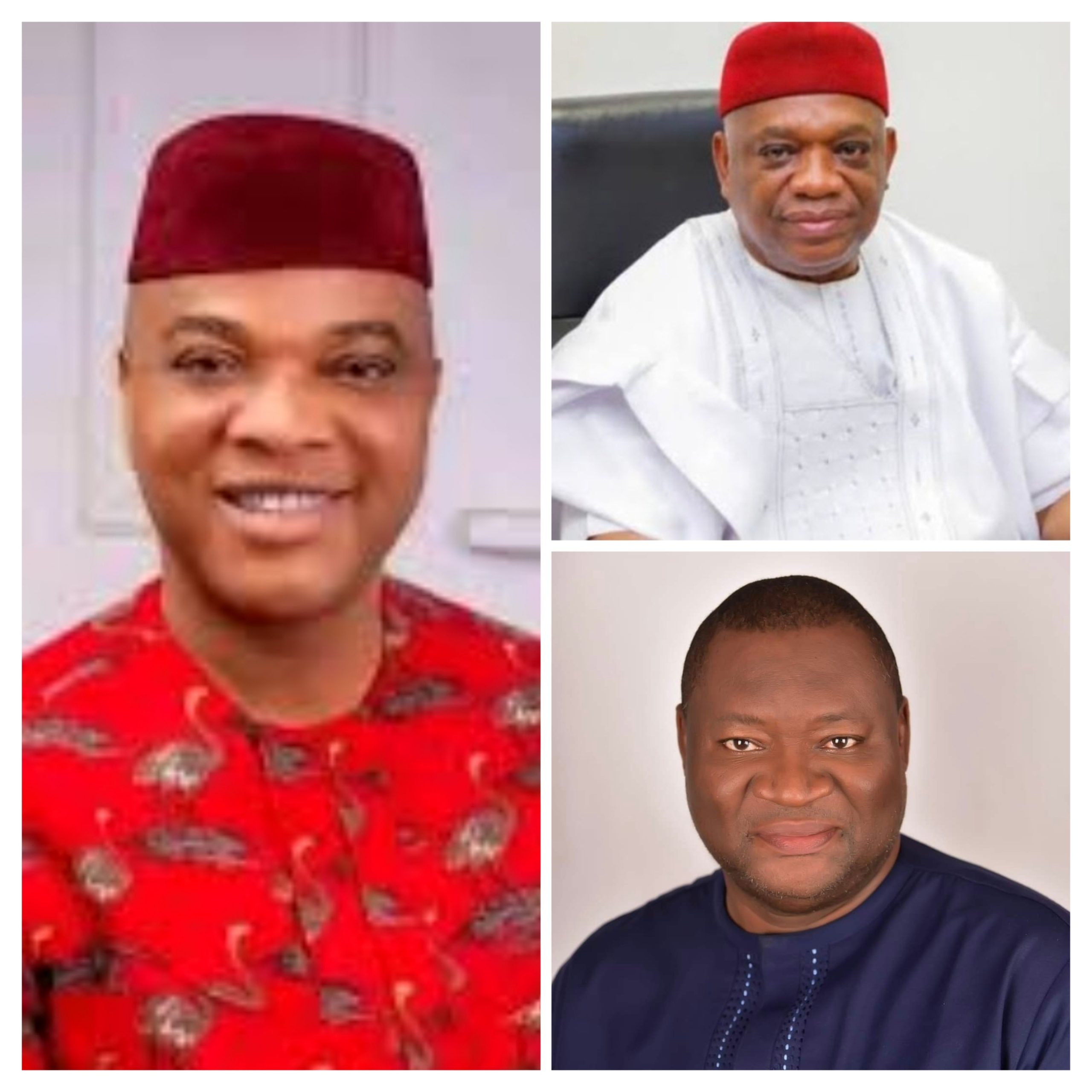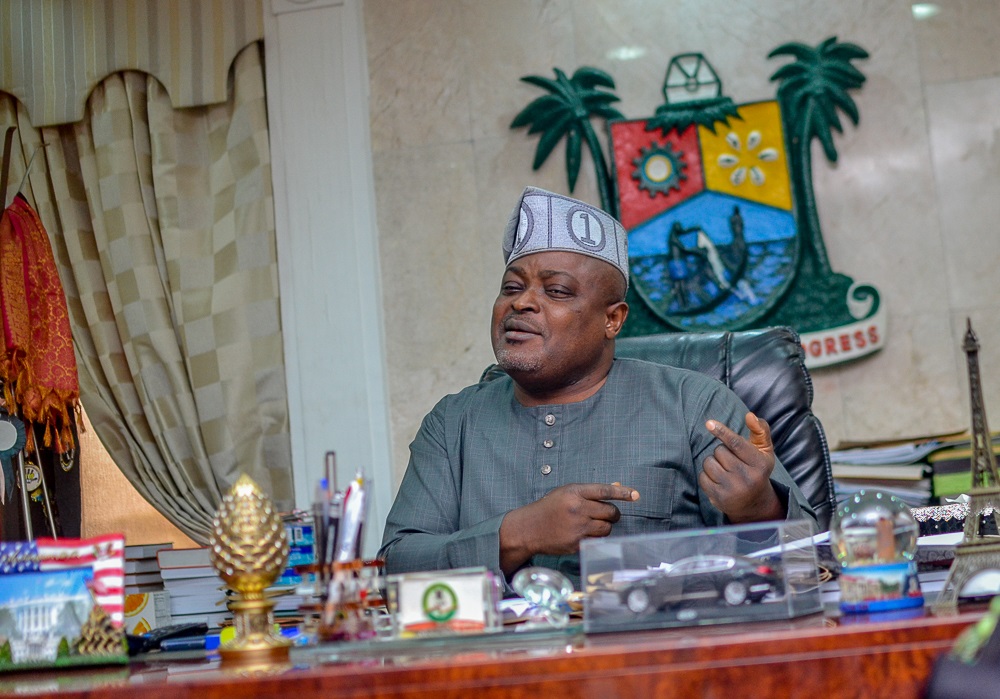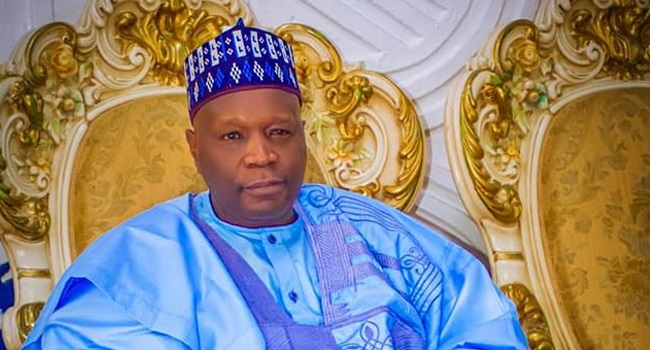Dr Emeka Obi, the Permanent Secretary at the Federal Ministry of Budget and Economic Planning, has reiterated the Federal Government’s commitment to the National Development Plan (NDP) 2026-2030.
Obi said this at the two-day sensitisation and consultation on the preparation of successor NDP 2026 – 2030, in Abuja on Tuesday.
He said that the government has developed a perspective plan, termed Nigeria Agenda 2050.
Obi said that the aspiration of that agenda is to transform the country from a low income economy to an Upper Middle Income Country (UMIC) by year 2050.
He said that as an UMIC, Nigeria would require a shift from laissez-faire towards more competitive and value added production for sustained increase in the country’s per capital income.
“By this aspiration, it is envisaged that the economy will be growing at an annual average of 7.0 per cent during the period.
“(This will) enable the government to effectively address problems of unemployment, poverty reduction, inequality and human deprivation,” the permanent secretary said
Obi said that the perspective plan acknowledged that to achieve this level of development from the current state, government must take some bold, decisive and strategic decisions.
He said this would include reforming governance structure, inclusive and sustainable private sector led growth economy through concentric diversification of the economy and empowering the people.
“Consequently, the necessary and specific strategic government interventions in different sectors, programmes and projects through which the objectives of the the long term plan can be achieved is to be articulated over series of 5-year Medium Term National Development Plans (MTNDP).
“MTNDP 2021-2025, MTNDP 2026-2030, MTNDP 2031-2035, MTNDP 2036-2040, MTNDP 2041-2045 and MTNDP 2046-2050,” he said.
According to him, the first plans, MTNDP 2021-2025, has nine priority areas and will elapse in December.
Obi said that the plan has served as a guiding document for aligning government policies, programmes, and projects with national priorities.
He added that the success so far recorded in the implementation of the plan was attributable to the Renewed Hope Agenda of the present regime, which collapsed the nine priority areas into eight.
Obi said that it was the ministry’s responsibility to coordinate preparation of NDP’s at Federal, State and Local Governments, and has initiated preliminary steps for the preparation of the successor plan, the NDP 2026–2030.
“This successor plan is expected to build on the foundation laid by its predecessor, by addressing emerging challenges, and reposition the economy towards sustainable and inclusive growth.
“With the coming on board of a new NDP, all sector plans would need to be upgraded, reviewed or revised in order to fully align with the new plan horizon.
“A very good example in this category is the Federal Civil Service Strategy Implementation Plan 2021-2025 (FCSSIP 25) which, by the new Plan, will result to the birth of FCSSIP 2026-2030 (FCSSIP 30) in due course.
“Therefore, as a coordinating agency, this exercise cannot be achieved alone without working collaboratively with all stakeholders at public and private sector level,” he said.
The permanent secretary said that the sensitisation workshop has been convened to ensure that MDAs are fully briefed, equipped, and aligned with the goals and methodology of the new plan.
“This exercise is in fulfillment that we will continue to build capacity for planning officers as we continue to work together to develop a new national development plan for Nigeria,” Obi said.
Also speaking at the workshop, Director of Plans and Projects at the Ministry, Dr Kenneth Kwujehi, said that the gathering was designed to engage the planning, research, and statistics departments of all MDAs.
He said their contributions are essential to producing a holistic and comprehensive outcome.
Kwujehi said that the new NDP was expected to be finalised ahead of the 2026 budget process, setting the tone for the country’s next phase of economic and social transformation. (NAN)





